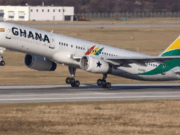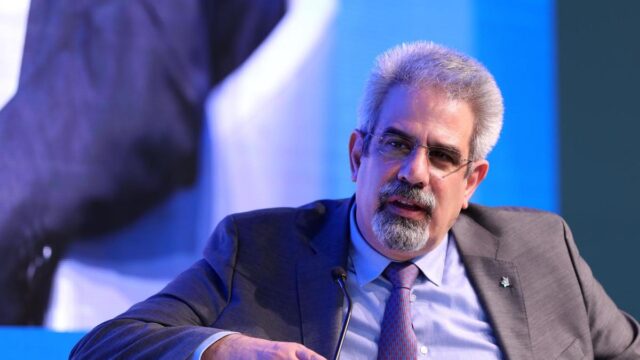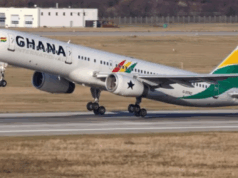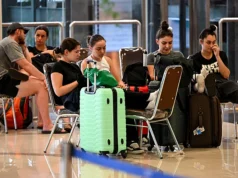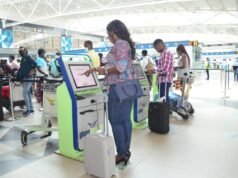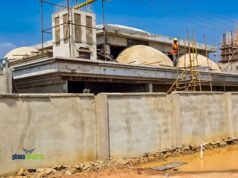IATA quantifies aviation’s contribution to Egypt’s GDP | A new study released by the International Air Transport Association (IATA) that measures the significant economic and employment benefits aviation, including aviation-related tourism, generates for Egypt, shows that in 2023, aviation contributed 5.3% to Egypt’s Gross Domestic Product (GDP).
In monetary terms, aviation and allied businesses contributed $ 21 billion of economic activity to Egypt’s economy, and created 1.4 million jobs across the supply chain and including tourism, of which 32,800 are directly employed by airlines.
Kamil Alawadhi, IATA’s Regional Vice-President for Africa and Middle East, following a meeting with Dr. Sameh Elhefny, Minister of Civil Aviation, Egypt, said: “Aviation is a key contributor to Egypt’s economy. Directly and through its well-developed tourism industry, aviation supports nearly 1.4 million jobs. And over 5% of Egypt’s GDP has close links to aviation. Importantly, the Egyptian government is using the aviation sector as a strategic enabler for its economic and social development.
I was encouraged by the Minister of Civil Aviation’s reaffirmation of the government’s commitment to continued close collaboration with IATA in order to further expand aviation’s benefits to Egypt—guided by global standards and best practices across all areas of aviation, including safety, sustainability, cost-efficiency, skills development, and more.”
As Egypt strategically invests in airport infrastructure (Cairo International, Borg El Arab and Sphinx International), IATA urged the government to collaborate with airline users and adhere to global best practices. Such collaboration, IATA noted, will avoid unnecessary financial burdens on airlines and passengers.
IATA notes that it is encouraged by Egypt’s collaboration with the European Bank for Reconstruction and Development to create the capacity to produce 120,000 tonnes of Sustainable Aviation Fuel (SAF) annually. This supports Egypt’s Vision 2030 and aligns with the global goal of achieving net-zero carbon emissions in aviation by 2050. It is an encouraging step that will help Egypt and its aviation sector achieve their common goal of decarbonizing aviation.
A strong and skilled aviation workforce is critical to growing aviation’s benefits. From technical operations to digital transformation and sustainable practices, a future-ready workforce will strengthen safety, efficiency, and long-term resilience.
IATA quantifies aviation’s contribution to Egypt’s GDP | AviationGhana


